Few fireworks were expected at Wednesday’s undercard Republican presidential debate, and the four candidates on stage met those low expectations.
During the hour-long debate on CNBC, Louisiana Gov. Bobby Jindal, South Carolina Sen. Lindsey Graham, former New York Gov. George Pataki and former Pennsylvania Sen. Rick Santorum stuck to the scripts they have been reading from at past campaign events and debates.
Though the focus of the debate, dubbed “Your Money, Your Vote” by the cable business news network, was the economy, the candidates quickly pivoted to parts of their stump speech. After one question on a congressional budget deal, Graham quickly changed the subject to terrorism. At another point, Santorum was asked about consolidation in the beer industry and responded by talking about Obamacare.
Graham was the standout of the debate, for both good and bad reasons. Although he showed energy and landed some zingers against Democrats, he also got crickets from the audience when he defended his stances in favor of immigration reform and addressing climate change.
.Read More: Here’s How Lindsey Graham Defended His Unorthodox Positions
In what was perhaps the most forceful moment for any candidate, Graham argued that he would be a forceful commander-in-chief.
“To the Chinese, when it comes to dealing with me, you’ve got a clenched fist and an open hand,” he said, holding up both hands. “You pick. The party is over to all the dictators. Make me commander in chief and this crap stops.”
He took a similar tack defending his willingness to compromise on legislation.
“I’m trying to solve problems that somebody better solve,” he said, joking that Vermont Sen. Bernie Sanders went on vacation to the Soviet Union and never left. “ If we can’t beat these people, then who in the hell are we going to beat!”
The undercard debate has proven helpful in the past. It served as a launchpad for former Hewlett Packard CEO Carly Fiorina, who received the boost in the polls she needed to land on the main stage during the next go-round. But it’s hard to see that same lightning striking again.
Of the four candidates onstage, Graham is polling highest with a mere 1 percent according to a RealClearPolitics average of national polls. Pataki has only two tenths of one percent.
Read More: Transcript: Read the Full Text of the Undercard CNBC Debate in Boulder
See the Covers of the 2016 Presidential Hopefuls' Memoirs
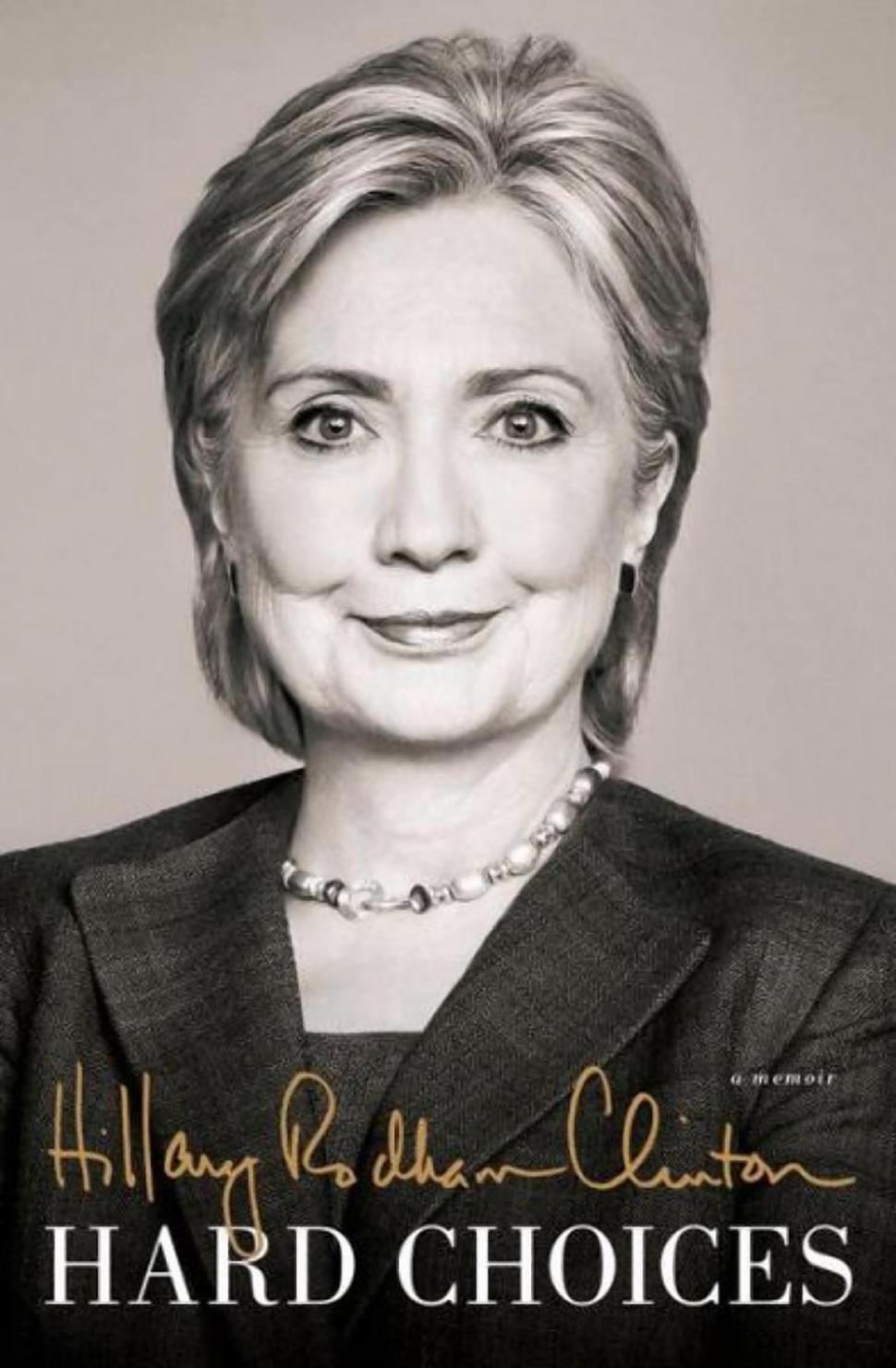
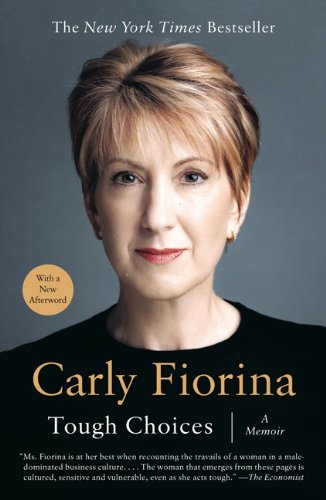
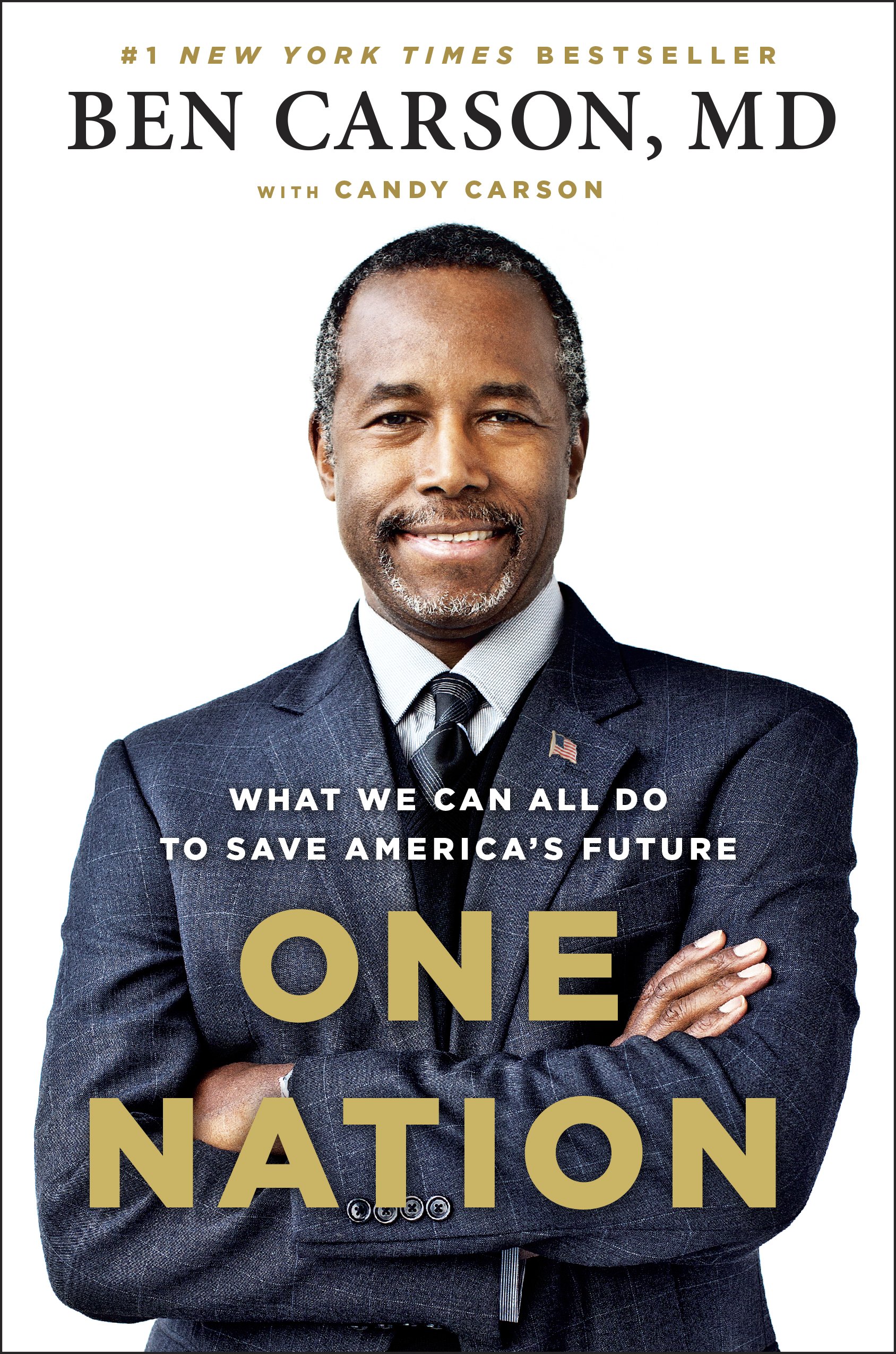
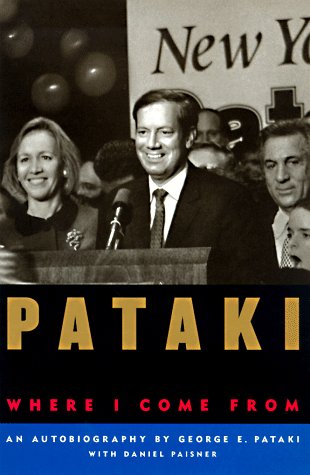
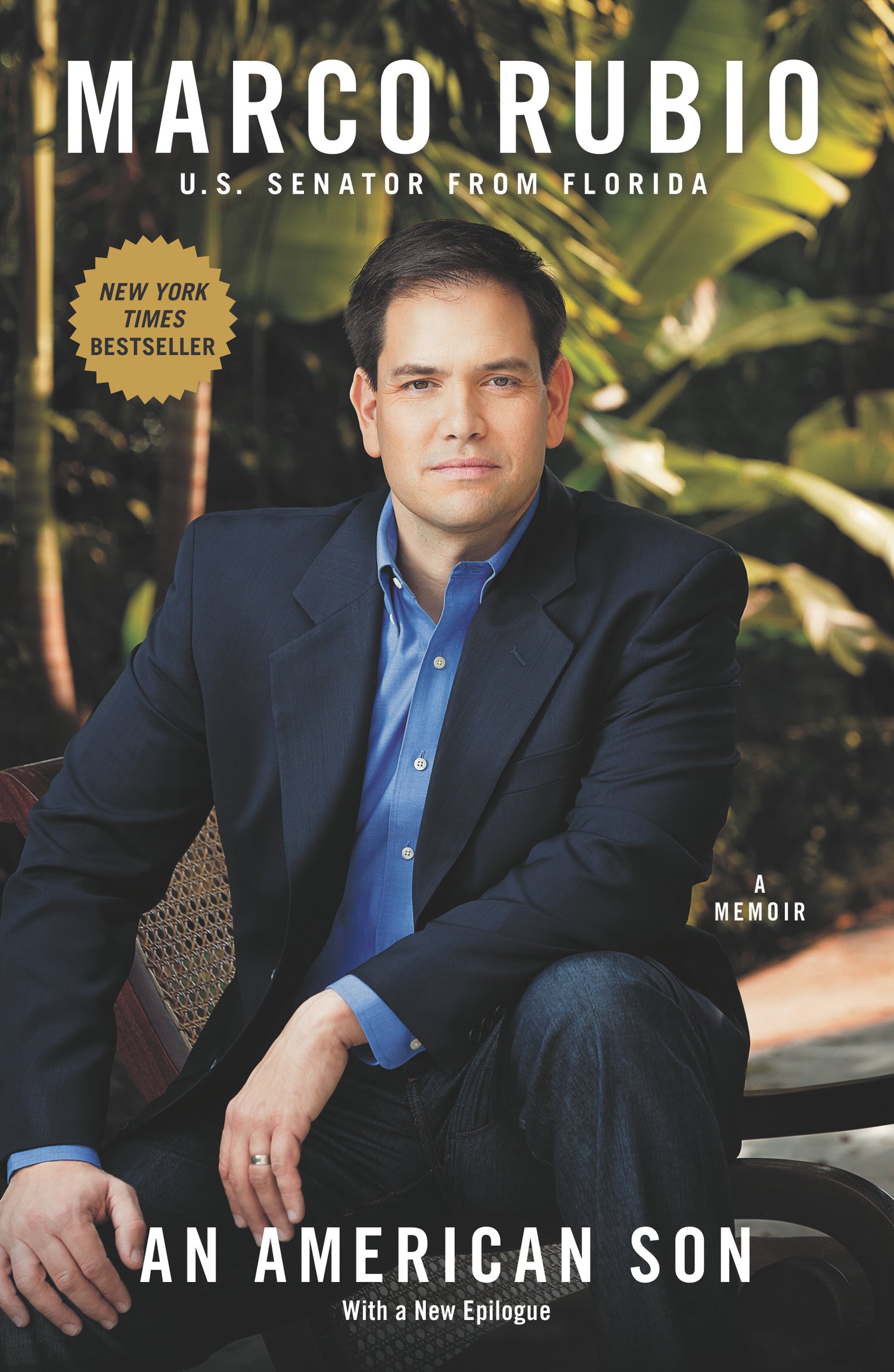
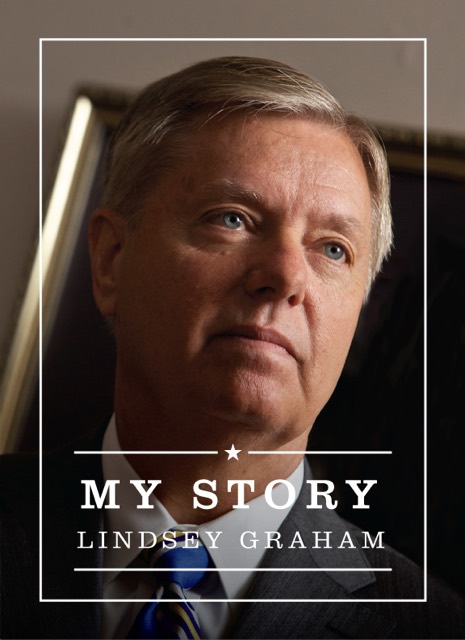
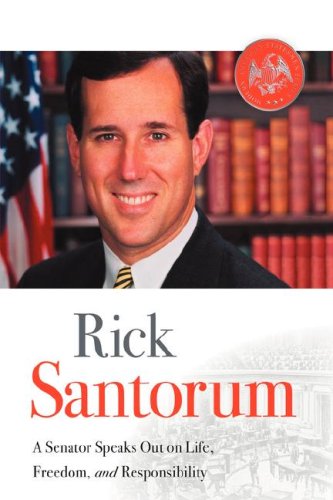
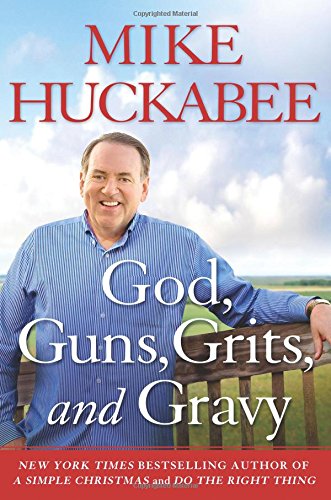
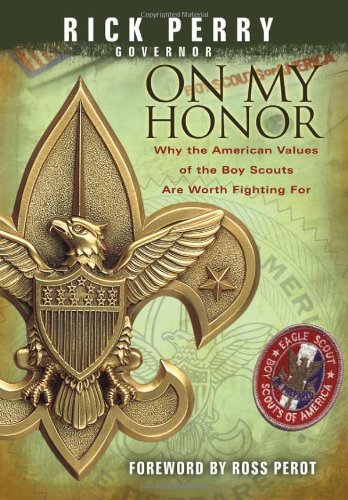
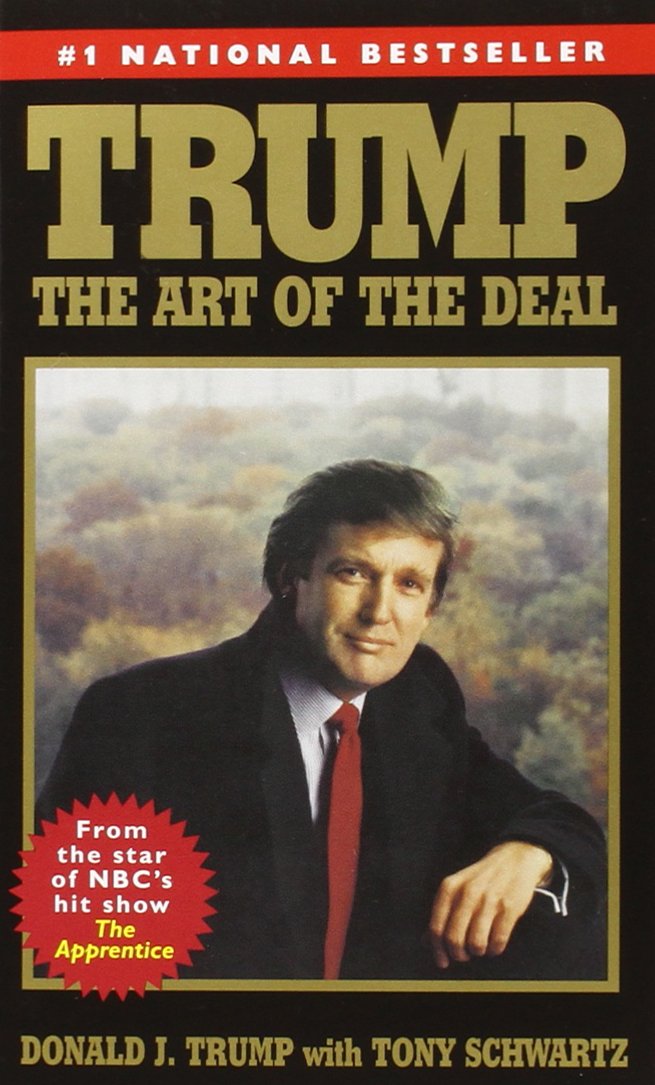
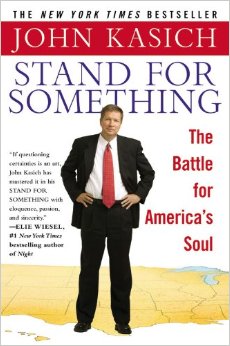
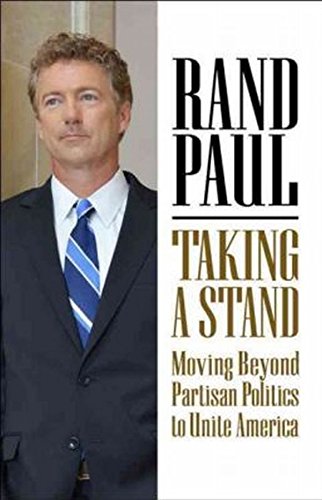
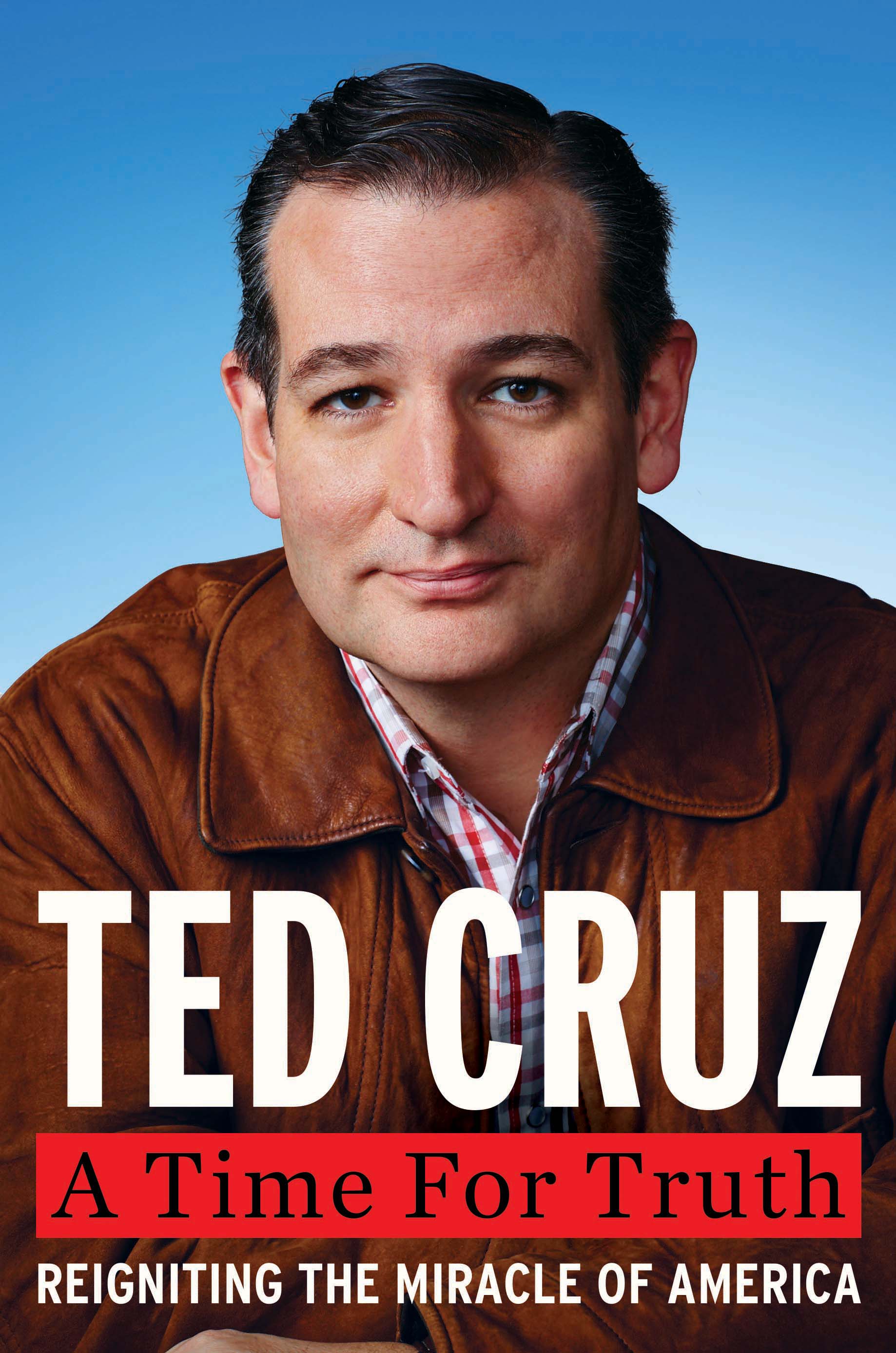
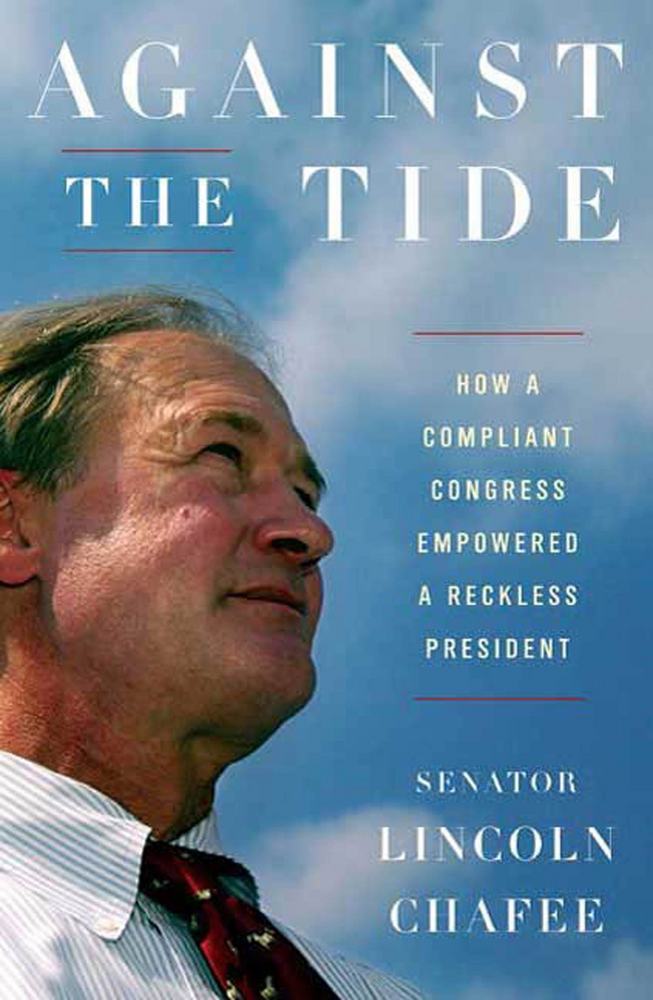
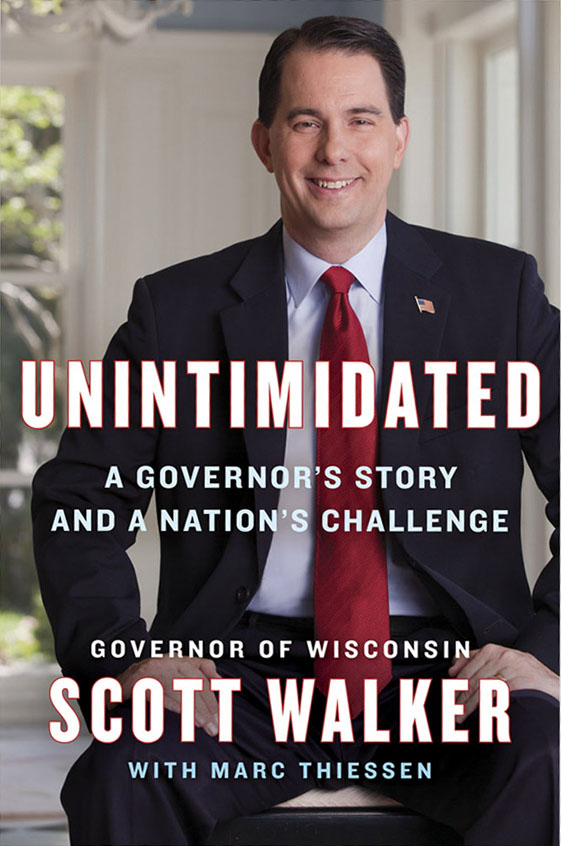
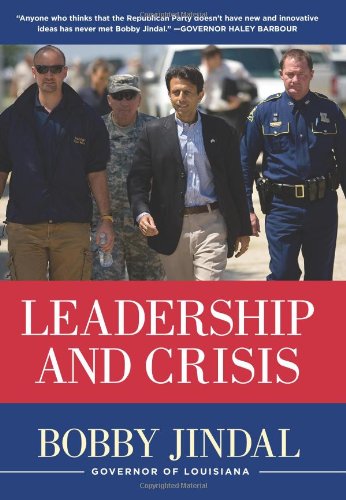

More Must-Reads From TIME
- The 100 Most Influential People of 2024
- The Revolution of Yulia Navalnaya
- 6 Compliments That Land Every Time
- What's the Deal With the Bitcoin Halving?
- If You're Dating Right Now , You're Brave: Column
- The AI That Could Heal a Divided Internet
- Fallout Is a Brilliant Model for the Future of Video Game Adaptations
- Want Weekly Recs on What to Watch, Read, and More? Sign Up for Worth Your Time
Contact us at letters@time.com